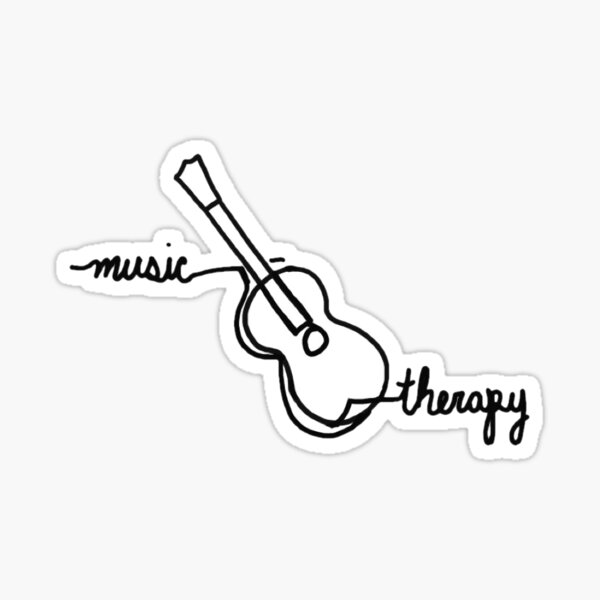- HOME
- Therapy
- Reading
- Aura & Chakra Scanning
- Making Good luck Charm
- Numerology
- Pendulum Dowsing
- Reiki Healing
- Level 1. Self Healing course
- Level 2. Self and Distance Healing with 3 symbols.
- Level 3. MASTER HEALER LEVEL ( Pressure points learning for all diseases )
- Level 4.a. Crystal Healing
- Level 4.b. KARUNA REIKI
- Level 5. Master Teacher course one can attune for Level 1 n 2. And open Chakras n Clean Aura
- Level 6. Grandmasters Level
- Rune Reading and Casting
- Course Fee
- Online Enquiry


